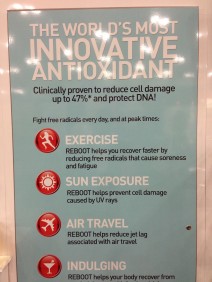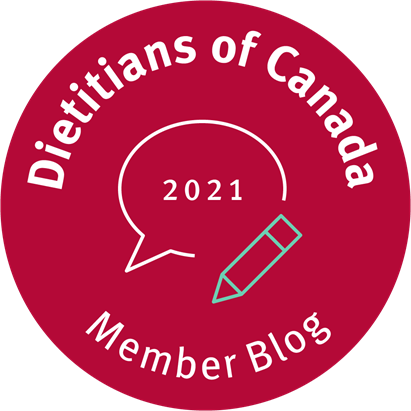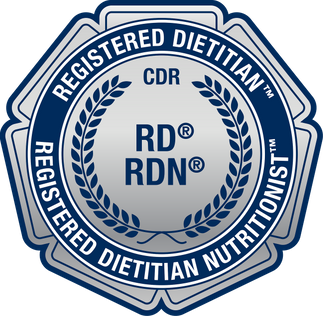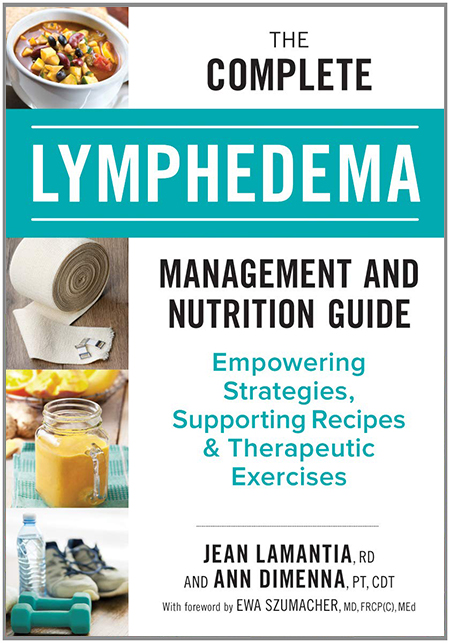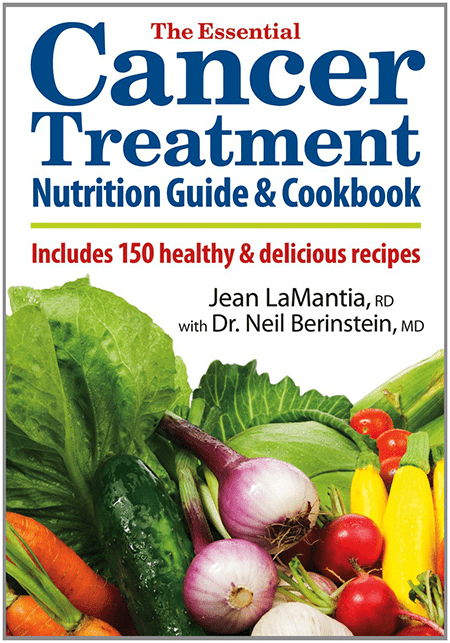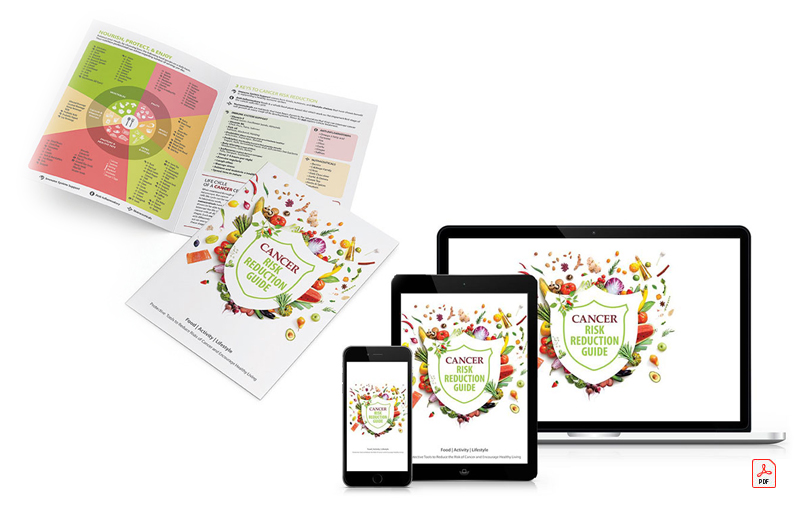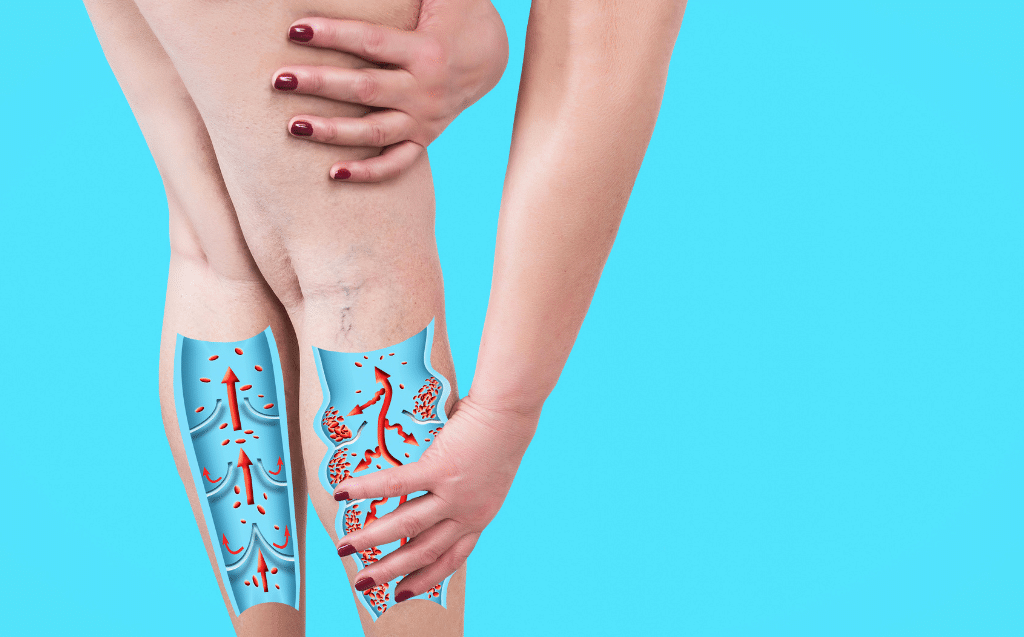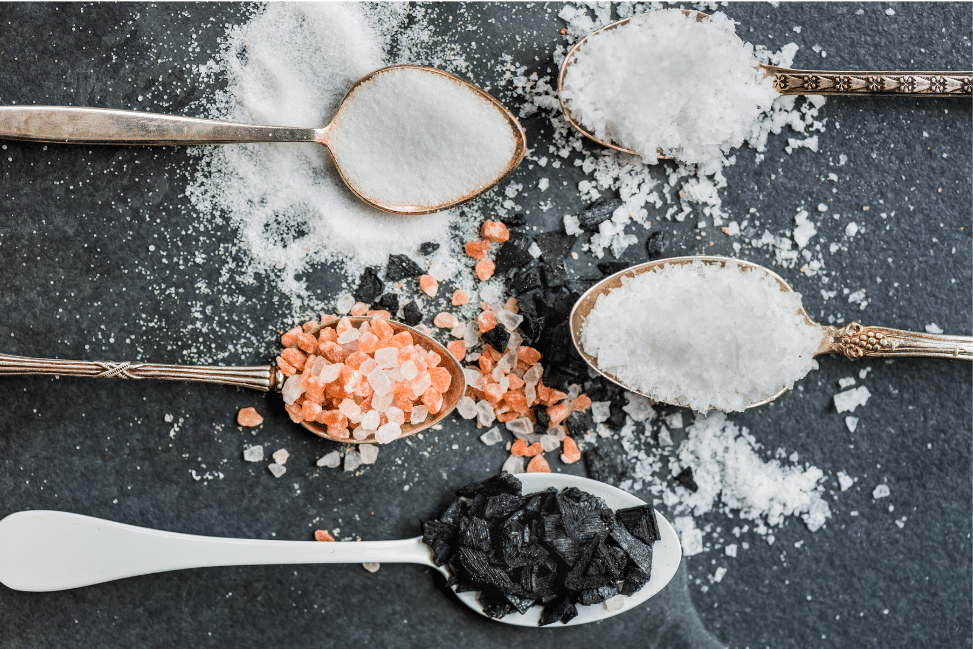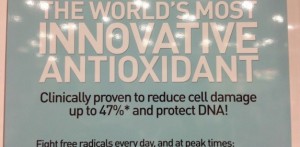
The following blog is from a session that I attended called “Moving Beyond Antioxidants: Making Phytochemicals a Prescription of Health”
The speakers were Lenore Arab, PhD, MSc Professor, Department of Biological Chemistry, David Geffen School of Medicine, UCLA and
Britt Burton-Freeman, PhD, MS, Director, Center for Nutrition Research, Institute for Food Safety and Health, Illinois Institute of Technology.
What’s New?
Turns out the term antioxidant is on it’s way out. After a decade as a key buzz word in the marketing of food and nutrition, the research that has gone on during this time has been unable to substantiate any claims related to health benefits of antioxidants in humans.
Say What?
You read correctly. In fact a couple of important organizations have made key moves to distance themselves from the term “antioxidant”. The first is the European Food Safety Authority (EFSA). This organization defines itself as an independent source of scientific advice and communication on risks associated with the food chain.
One of their roles is to evaluate and approve health claims on food packages. Food manufacturers submit the claim that they would like to add to their packaging along with the scientific evidence and the scientists at EFSA study the submission and either allow or deny the application.
According to the presenters in the session that I attended the European Food Safety Authority issued a scientific opinion that “antioxidant activity” and “antioxidant properties” are not evidence based in the general population and the evidence provided in animal and laboratory studies was not sufficient to predict protection from oxidative damage in humans.
In a press release I found on the website for EFSA they say:
They issued a negative opinion on the term “antioxidant” because the information provided did not allow a relationship between eating the ‘antioxidant’ food and any health benefit in humans to be established.
To read the press release, go here.
The second influential organization to make changes to their view of antioxidants is the USDA. This is the United Stated Department of Agriculture. In 2012 they removed their antioxidant database. The database ranked the antioxidant score of various foods.
They removed it because they concluded that laboratory measure of antioxidant capacity “have no relevance to the effects of specific bioactive compounds, including polyphenols, on human health.”
In other words, they don’t want food and supplement companies misleading consumers that a higher antioxidant ranking means greater health benefit to the consumer. A foods rank is not a predictor of its health benefits.
My Notes
I like to take notes when I am attending sessions. Here are three of the many notes I jotted down, based on what the speakers presented:
- Protection from premature aging – No Evidence
- Free radical scavenging claims – No Evidence
- Insufficient human studies to show reduced cell damage
Does This Mean Antioxidant Foods Are Not Healthy?
Foods that contain antioxidants might be healthy but it’s not the antioxidant compounds that are responsible for the health benefits; it is the other beneficial nutrients that are in the food.
The presenters of the this talk went on to present some of their data on the health benefits of two particular nutrients, namely, flavanols from green tea and anthocyanidins from strawberries.
The tea flavonol research was mostly in the area of cardiovascular benefits – reducing heart disease.
The anthocyanidins in strawberry research focused on heart disease, cancer, dementia and reducing chronic inflammation.
Summary
While it might seem like it, this is not a 180 degree change in the nutrition field.
What I mean by that is antioxidant rich foods like tea, strawberries, sweet potatoes, carrots, leafy vegetables and tomatoes are still healthy. It’s just not likely the antioxidant capacity of the foods that is responsible for the health benefits. Instead, it’s the other beneficial nutrients that are in the food.
I’m glad I attended this session. I like to be up on the latest trends and I certainly wouldn’t want to promote antioxidant rich foods when I would be giving credit to the wrong nutrient.
Bottom Line:
Continue to eat a healthy plant based diet. Just don’t credit your good health to all those antioxidants you’re eating.
Funny enough, later in the day after attending this session, I went to the EXPO. I took a picture of this booth – proudly displaying the ANTIOXIDANT properties of the product. I spoke briefly with their representative to tell her about the session that I had attended that morning. I’m not sure she got it, as she went on to tell me about all the great antioxidant benefits of your product…we’ll see how things have changed at next year’s conference.
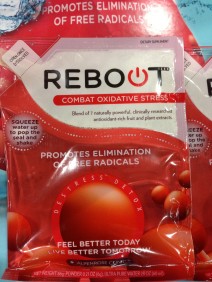
I would love to read your opinion below.
